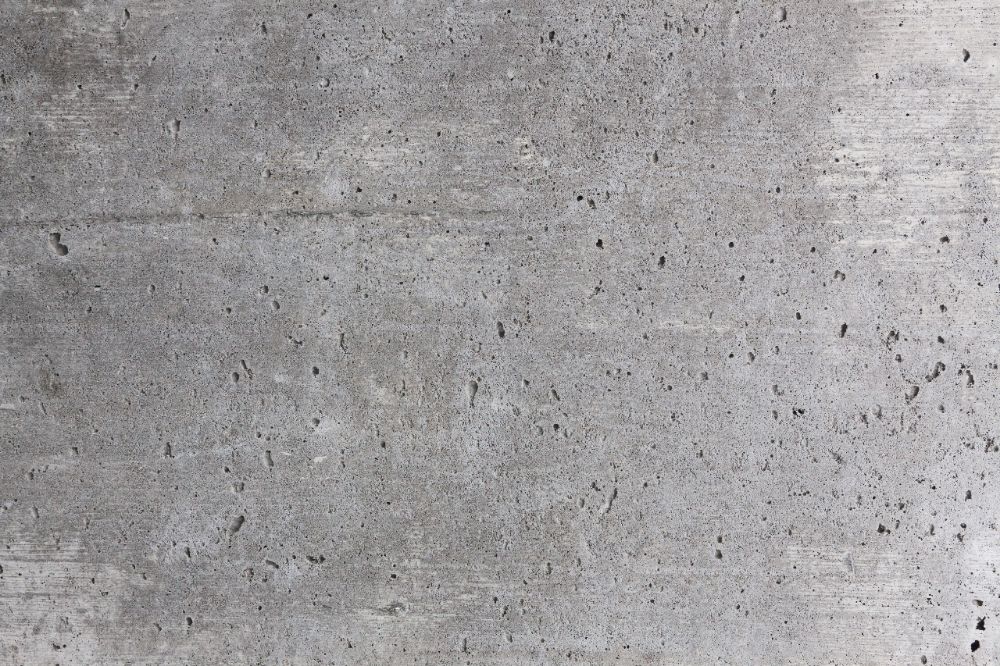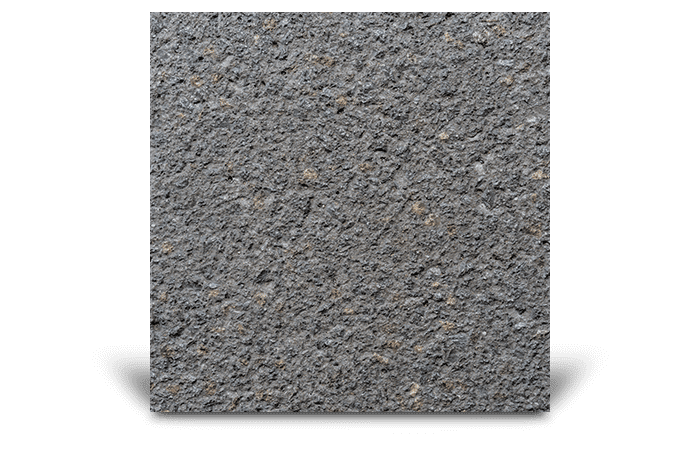Specialist Concrete Installment: Changing Your Area with Strong Structures
Specialist Concrete Installment: Changing Your Area with Strong Structures
Blog Article
Unveiling the Eco-Friendly Advantages of Making Use Of Recycled Concrete in Lasting Construction Practices
In the realm of sustainable construction methods, the utilization of recycled concrete stands as a critical yet typically undervalued resource. Past its standard applications, recycled concrete offers a myriad of environment-friendly benefits that extend far beyond the boundaries of typical building materials.
Ecological Benefits
By incorporating recycled concrete into building and construction practices, there is a considerable reduction in the need for brand-new raw materials, leading to preservation of all-natural resources. Furthermore, the usage of recycled concrete reduces the quantity of waste being sent to land fills, therefore minimizing ecological air pollution and relieving the strain on land fill capacities (Concrete).

Moreover, the production of typical concrete is a significant resource of carbon emissions due to the energy-intensive procedure of concrete production. In contrast, recycled concrete has a lower carbon footprint as it minimizes the demand for new concrete manufacturing. This decrease in carbon emissions adds to mitigating climate adjustment and sustains lasting building techniques. In general, the environmental advantages of using recycled concrete are considerable and play a vital function in advertising environment-friendly construction techniques.
Cost-Efficiency
Achieving cost-efficiency is a paramount factor to consider when analyzing the usage of recycled concrete in building and construction projects. One of the crucial benefits of making use of recycled concrete is its cost-effectiveness compared to standard concrete.
Moreover, making use of recycled concrete can lead to savings in garbage dump prices by diverting concrete waste from disposal sites. This not just lowers the environmental influence yet likewise gets rid of the prices connected with waste removal. Additionally, the toughness and efficiency of recycled concrete are similar to traditional concrete, ensuring that price financial savings do not endanger the top quality of the building and construction.
Toughness and Stamina
Recycled concrete offers comparable, if not remarkable, resilience and toughness buildings to conventional concrete - Concrete. Via improvements in processing strategies and quality control, recycled concrete can meet or surpass the performance criteria of conventional concrete.

Waste Reduction
Efficient more information waste decrease practices play an essential role in the lasting application of sources within the construction market. When it pertains to utilizing recycled concrete, waste reduction is a vital benefit that adds dramatically to ecological preservation. Traditional building techniques usually generate considerable amounts of waste, specifically in the kind of concrete rubble from demolition websites. By integrating recycled concrete into building and construction jobs, this waste is repurposed and drawn away from landfills, reducing the overall ecological effect of construction tasks.
Recycled concrete not only aids in lessening the quantity of waste that ends up in landfills however additionally saves all-natural resources by decreasing the need for new accumulated materials. This process of waste decrease promotes a circular economic situation within the building and construction industry, where products are reused and reused to produce an extra lasting sector. In addition, making use of recycled concrete can bring about cost savings for building and construction projects, as it is typically more inexpensive than sourcing and transporting new materials. Finally, waste decrease via the application of recycled concrete is an important part of sustainable construction techniques that profits both the setting and the building market all at once.
Power Preservation
Energy preservation is a critical aspect of sustainable construction practices, aiming to lower the general energy consumption connected with building procedures and materials production. Considerable energy you can try this out financial savings are attained contrasted to typical concrete production when it comes to utilizing recycled concrete in building. The procedure of producing recycled concrete involves squashing and recycling existing concrete materials, which takes in much less energy than mining, processing, and moving raw materials for new concrete manufacturing. Furthermore, the use of recycled concrete can aid decrease the demand for virgin aggregate, further minimizing the energy-intensive extraction and processing of all-natural sources.
Conclusion
In conclusion, the use this content of recycled concrete in sustainable building and construction practices uses various environmental benefits, cost-efficiency, longevity, stamina, waste reduction, and power conservation. By integrating recycled concrete right into construction tasks, we can add to a more eco friendly and lasting future. It is essential for the building and construction sector to prioritize the usage of recycled products to help reduce the environmental impact of building activities.
One of the vital advantages of using recycled concrete is its cost-effectiveness compared to conventional concrete.In addition, the use of recycled concrete can lead to financial savings in landfill costs by diverting concrete waste from disposal sites. The longevity and efficiency of recycled concrete are similar to traditional concrete, making certain that expense savings do not compromise the quality of the building and construction.

Report this page